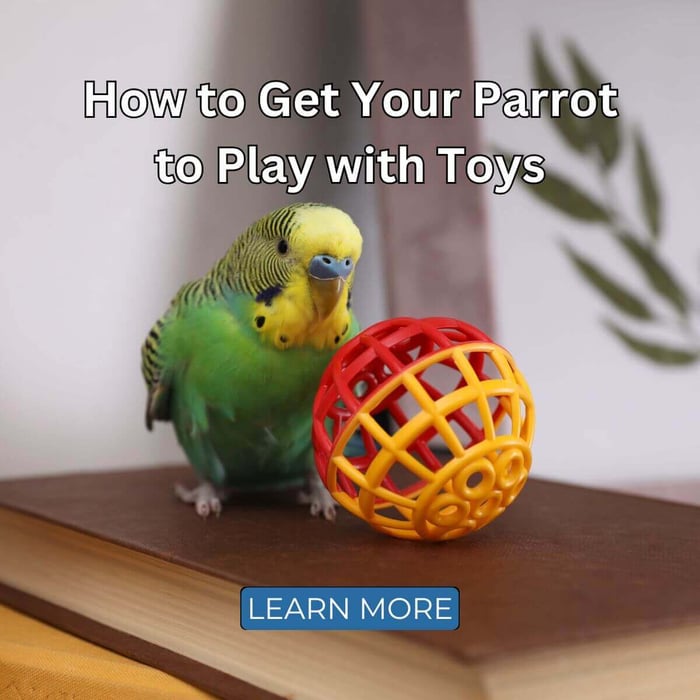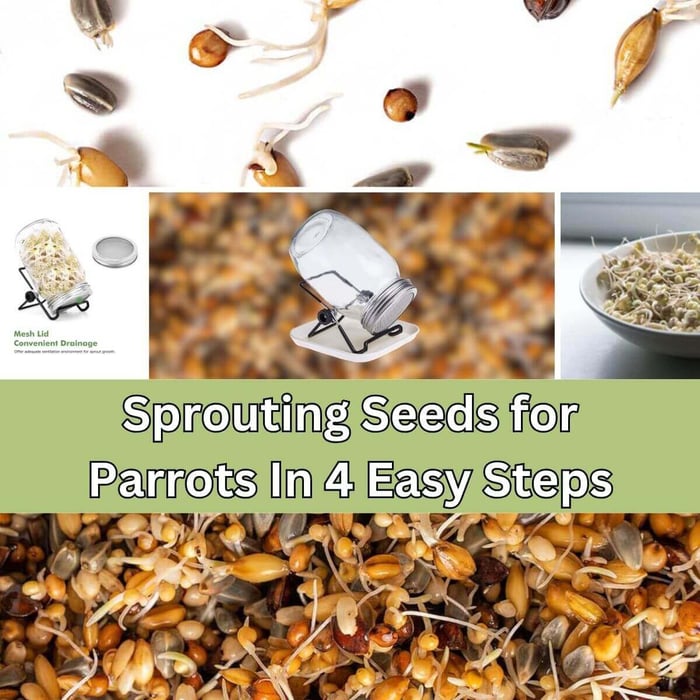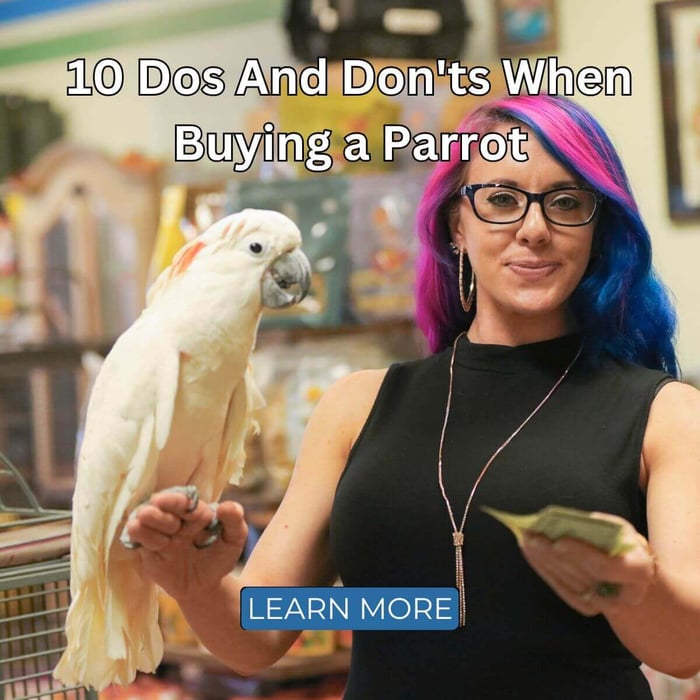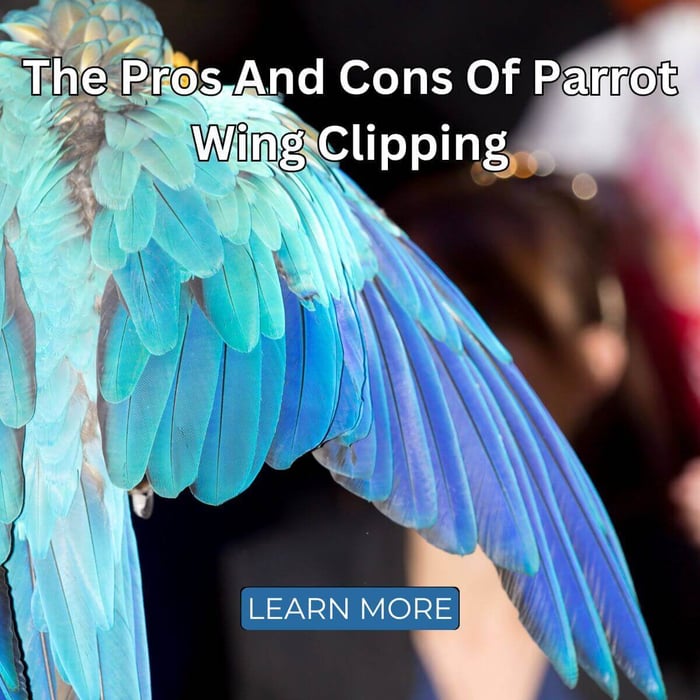Reflections on Parrot Behaviour
When we look in the mirror, we instantly recognise the face staring back at us. By the age of two, children can identify their reflection and comprehend that it is themselves. However, this ability is relatively rare in the animal kingdom. So, what happens when a pet parrot looks into a mirror? How does parrot behaviour differ from that of other animals in relation to their reflection?
Mirror, Mirror on the Wall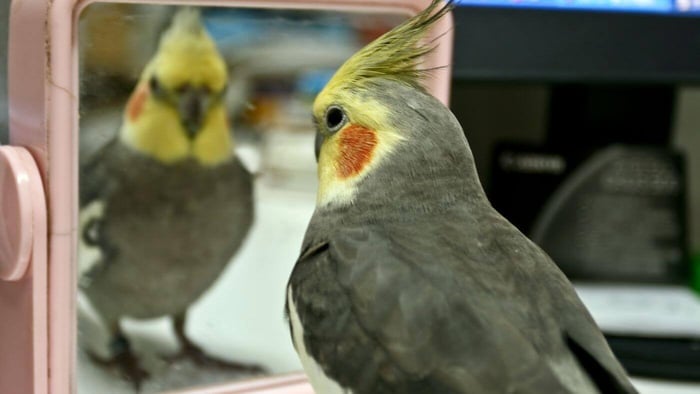
The vast majority of animals will respond to a mirror as though it is another animal, at least at first. Some will attack their reflection, which of course fights back. Many birds fall in this category. Others, more socially inclined, might attempt to interact or even court their mirror image, demonstrating interesting parrot behaviour that mimics social interactions.
Most animals will soon realise that the reflection is not real. In experiments with African Grey parrots, the birds will at first try to talk to the mirror but give up when it doesn't respond. They then start to look behind the mirror; some of us have seen cats do the same. The image has no scent and makes no sound, reducing its credibility.
An animal needs to have a certain sense of self before it can recognise itself. Researchers test this by applying a mark to the animal in a place that is only visible in a mirror. The animal is unaware of the marking process. When it sees itself in the mirror, a self-aware animal will immediately touch the mark on its own body. Think of it as that moment in the bathroom when you spot the cappuccino foam on your nose.
The only mammals, other than humans that can do this are the great apes, elephants and dolphins. Monkeys do not recognise themselves. In the bird world, some members of the crow family show self-recognition. A magpie will remove a coloured sticker from its body when it spots the offending mark in the mirror, and so will pigeons. However, most birds, including parrots, don't show this behaviour.
Smoke and Mirrors
Dr. Irene Pepperberg, renowned for her work with African Grey parrots, has spent decades studying parrot behaviour, including how they interact with mirrors. As part of the Harvard Animal Studies Project, she conducted a series of experiments to see how parrots respond to their reflection.
The researchers placed either a treat or a scary object in a small box. The open side of the box faced a mirror. Alo and Kyaaro, both African Grey parrots, took turns approaching the box from behind. The birds were quick to check the reflection in the mirror, and if the mirror showed a scary object in the box, they retreated, but if they spotted a treat, they retrieved it. Neither parrot ever mistook the reflection for the real thing – they looked at the reflection but went straight for the hidden treat inside the box.
In a second set of experiments, the researchers used a series of up to four boxes. They placed a treat in one of these. Alo and Kyaaro couldn't see into the boxes, but they could view the contents in a mirror angled near the boxes. The birds were able to use the mirror to identify the correct box, containing a treat. Without a mirror, they couldn't find the right box.
This research shows that birds can use mirrors to solve problems. They somehow know that the reflection represents the real world. At the same time, one wonders how they explain the aloof but handsome stranger in the mirror.
Budgerigars and Mirrors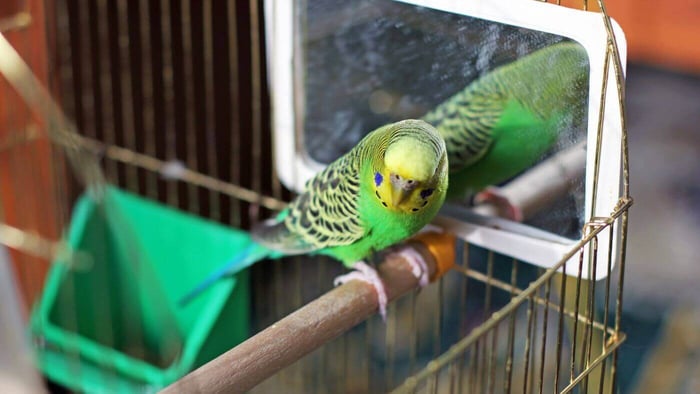
Budgerigars are not able to recognise themselves in a mirror. Not only do they seem to think the mirror is another bird, but they also want to get to know it better. Budgies may even prefer a mirror to a real bird. Experiments have shown that, far from familiarity breeding contempt, this affection increases over time.
Before cutting screen time for your pet, take heart in some positive effects of mirrors. Researchers at Saint Joseph's University put mirrors with colonies of budgies. Birds who spent more time with their reflection also had stronger bonds with their mates. It seems that these individuals are more gregarious in general. For them, a mirror is a good company when their mate is not in the mood.
Mirrors in Pet Bird Enrichment
Birds are highly intelligent animals, and keeping them entertained and mentally stimulated is essential for their well-being. Boredom can lead to undesirable behaviours such as feather plucking, especially in parrots that are kept alone. Providing enrichment, such as toys and mirrors, can help prevent these issues by offering mental stimulation. Mirrors can be particularly effective when paired with other toys or sounds, giving the bird something to engage with.
Although parrots may not recognise themselves in the mirror, they can still benefit from the interaction. Mirrors allow them to explore and interact with their environment in a way that mimics the social dynamics of a flock. For a solitary pet bird, a mirror can help alleviate loneliness and provide a sense of companionship, even if it's only in the form of a reflection.
Conclusion - What Do Parrots See in the Mirror?
When we look into a mirror, we know exactly what we're seeing—a reflection of ourselves. But for parrots and most other animals, the mirror is a mysterious object that may or may not hold any meaning. While parrots, like African Greys, can use mirrors to solve problems and gather information about their surroundings, they do not recognise the reflection as themselves. Budgerigars, on the other hand, may develop a strong attachment to their mirror image, seeing it as a companion.
Ultimately, mirrors are a useful tool for enriching the lives of pet parrots, even if we can't be entirely sure what they think of their reflection. The next time you see your parrot looking into a mirror, just remember: they might not see the fairest of them all, but they're certainly engaging with something that's fascinating to them.
We may never know what our feathered friends are thinking as they look in the mirror.
You are the fairest of them all, perhaps?
With thanks to LoveMyVouchers.co.uk for this revealing look into how birds and other members of the animal kingdom react to mirrors.
To equip your bird cage with mirrors and keep your pet parrot enriches, visit www.ParrotEssentials.co.uk/Mirrors

